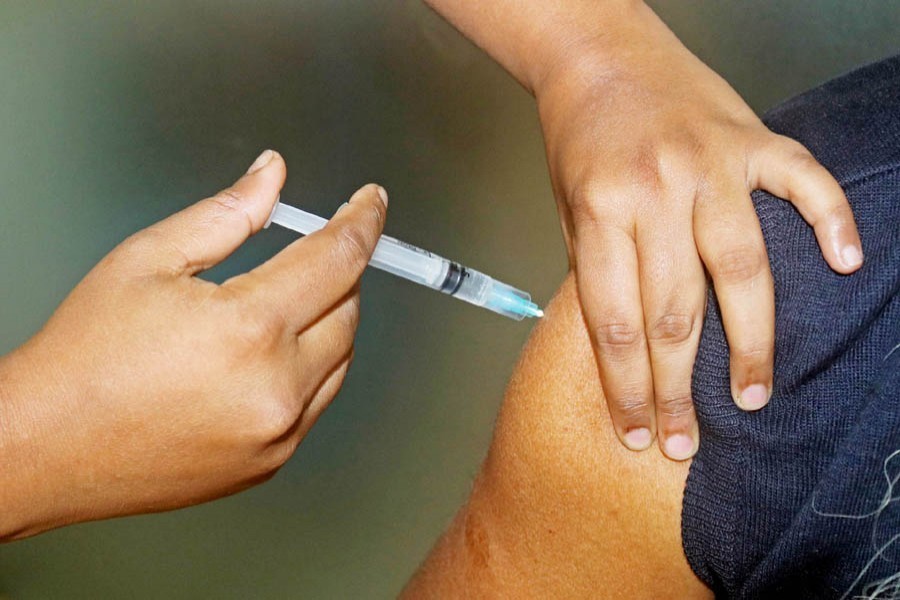The Asian Development Bank (ADB) approved a loan package of $940 million on Wednesday for Bangladesh to purchase safe and effective vaccines against COVID-19.
The package, which comprises a regular loan and a concessional loan of $470 million each, is part of ADB’s $9.0 billion Asia Pacific Vaccine Access Facility (APVAX) launched in December 2020 to offer rapid and equitable vaccine-related support to ADB’s developing member countries (DMCs).
“Vaccination programmes can break the chain of virus transmission, save lives, and mitigate the negative economic impacts of the pandemic,” said ADB President Masatsugu Asakawa. “This project is a continuation of ADB’s ongoing support to Bangladesh’s COVID-19 pandemic response in order to protect its population from the virus, rebuild the livelihoods of vulnerable groups, and work to return its economy to its impressive growth path.”
As per an ADB news release, the project will fund the purchase of an estimated 44.7 million doses of Covid-19 vaccines to be administered to more than 20 million Bangladeshis by 2024, contributing to the government’s National Deployment and Vaccination Plan for COVID-19 Vaccines.
The vaccines will be secured through the COVID-19 Vaccines Global Access (COVAX) programme, the United Nations Children’s Fund (UNICEF), or bilateral arrangements with vaccine manufacturers or distributors.
Vaccines eligible for financing must meet at least one of the APVAX eligibility criteria: the vaccine has been selected for procurement through the COVAX mechanism; the vaccine has been prequalified by the World Health Organization (WHO) or WHO emergency use listing; or the vaccine has received regular or emergency licensure or authorisation by a Stringent Regulatory Authority.
ADB is helping the government strengthen its vaccine delivery system through ongoing technical assistance projects worth $1.7 million. In addition, ADB has supported Bangladesh’s COVID-19 response through a $250 million loan in June 2021 to strengthen social protection and resilience programmes, a $500 million loan in May 2020 for expanding social safety nets for vulnerable groups and supporting critical labour-intensive industries and small and medium enterprises to preserve jobs, a $100 million loan in April 2020 to support procurement of equipment and supplies and upgrading of health and testing facilities, an initial emergency grant of $350,000 for the procurement of medical supplies and equipment, and $1.3 million from an ongoing project to provide one-time cash support to trainees of an ongoing skills training programme.


